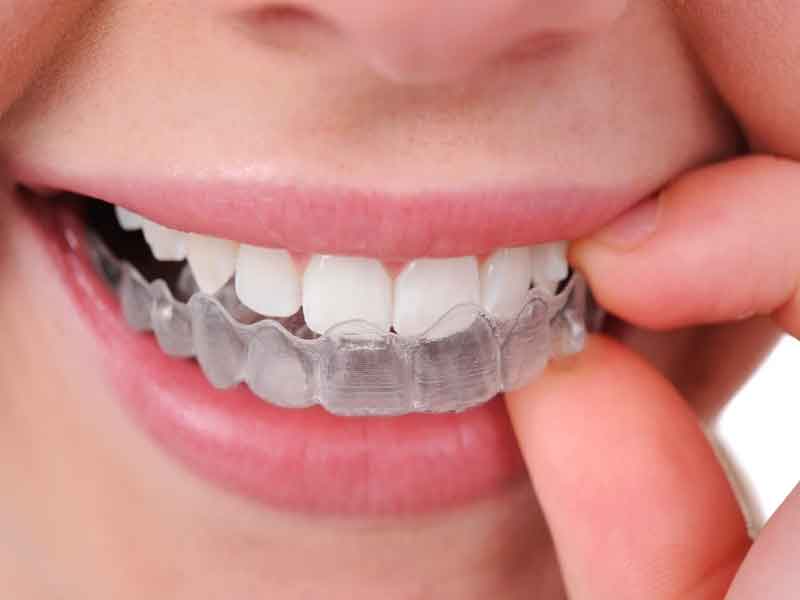Smiledirectclub Files Bankruptcy

In a surprising turn of events, Smile Direct Club, the once-prominent player in the teledentistry market, has declared bankruptcy, sending shockwaves through the dental industry and leaving many customers wondering about the fate of their aligner treatments. The company, known for its innovative approach to teeth straightening, faced financial challenges that ultimately led to this unexpected outcome.
Smile Direct Club emerged on the scene with a revolutionary concept, offering an alternative to traditional orthodontic treatments by providing at-home teeth aligners. Customers could achieve a straighter smile without the need for frequent in-person appointments, making orthodontic care more accessible and convenient. However, despite its initial success and widespread popularity, the company has been grappling with financial difficulties that have now culminated in bankruptcy.
Several factors contributed to Smile Direct Club’s financial woes. Intense competition within the teledentistry market, coupled with regulatory challenges and legal battles, created a turbulent environment for the company. Allegations of improper practices and concerns about patient outcomes prompted investigations and legal actions, further tarnishing the company’s reputation.
The bankruptcy announcement has left existing Smile Direct Club customers uncertain about the fate of their ongoing treatments. While the company has assured that it will continue to fulfill existing orders and provide customer support, the long-term implications for those in the midst of their aligner programs remain uncertain.
This development also raises questions about the future of teledentistry as a whole. The bankruptcy of a major player like Smile Direct Club may lead to increased scrutiny of the industry, prompting a reevaluation of regulations and standards to ensure patient safety and satisfaction. The teledentistry landscape may witness significant changes in the aftermath of this bankruptcy, with potential impacts on how similar services operate and are regulated.
As consumers navigate the aftermath of Smile Direct Club’s bankruptcy, it serves as a reminder of the importance of due diligence when choosing healthcare services, especially those that involve significant medical interventions. The evolving nature of the teledentistry market highlights the need for vigilance in assessing the financial health and reputation of companies providing innovative but critical healthcare solutions.
In conclusion, Smile Direct Club’s bankruptcy is a notable event in the world of teledentistry, prompting reflection on the challenges faced by companies in this space. As the industry adapts and redefines itself in the wake of this development, consumers and stakeholders alike must stay informed and engaged to ensure the continued delivery of safe and effective orthodontic care in the digital age.
